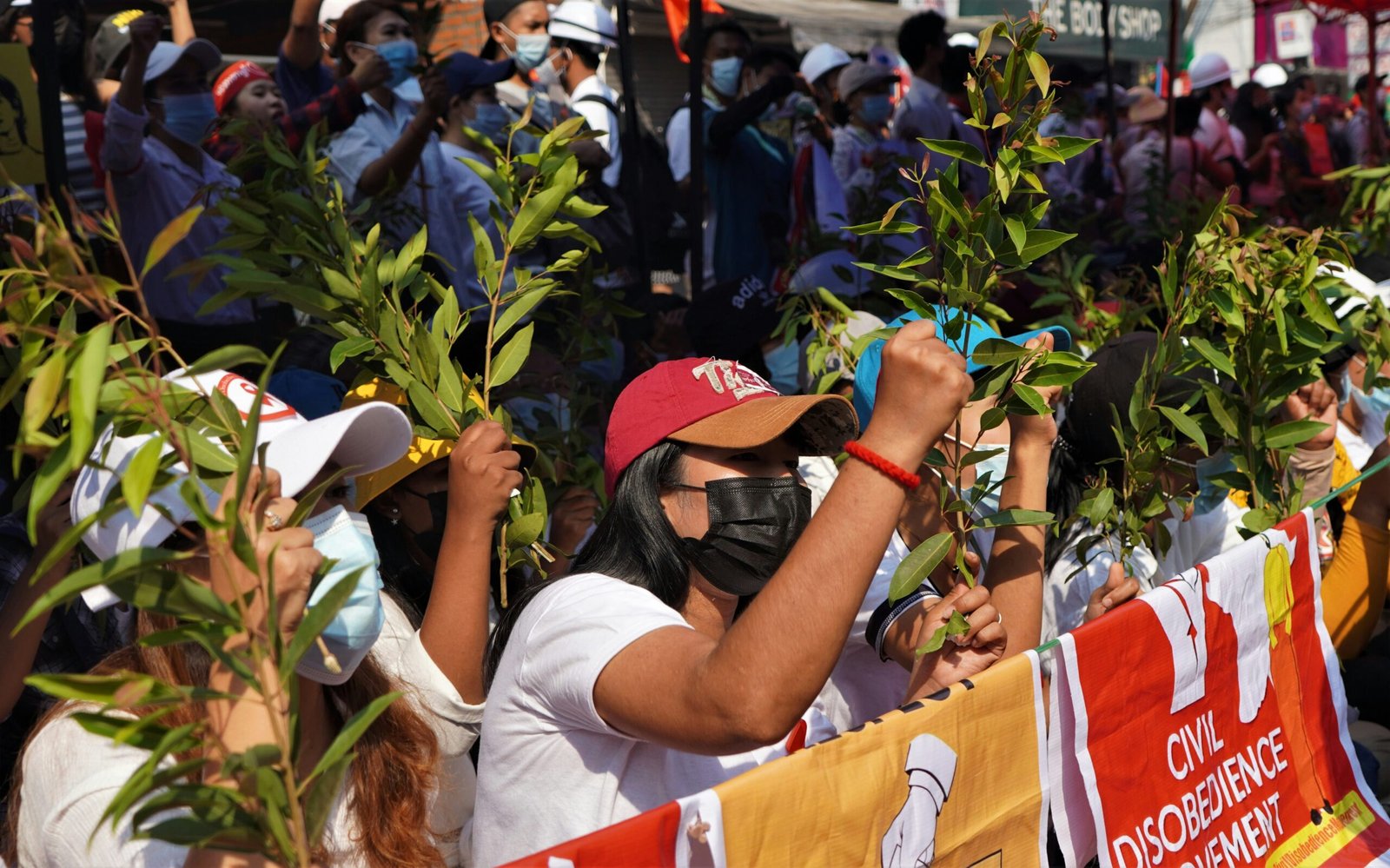Overview of the Nationwide Strike and Its Immediate Impact
The nationwide strike launched by the Nigerian Labor Congress (NLC) and the Trade Union Congress (TUC) has cast a significant shadow over the country. The unions initiated this strike in a bid to demand increases in the minimum wage, a move that has been both contentious and impactful. On the day of the strike, union workers stormed the national grid, resulting in an unprecedented complete shutdown of Nigeria’s power supply. This drastic measure left tens of millions of citizens without electricity, plunging homes, businesses, and essential services into darkness.
One of the most immediate and visible consequences of this action was the disruption of air travel. Airports around the country, reliant on stable power for operations and safety, faced significant operational challenges. Flights were delayed or canceled, causing inconvenience to travelers and financial losses to airlines. Furthermore, the shutdown had a ripple effect on various sectors, including healthcare, where the lack of power severely hampered hospital operations and critical care services.
The Transmission Company of Nigeria (TCN) played a crucial role in reporting the shutdown. TCN’s official statements confirmed the extent of the power outage and highlighted the urgent need for resolution between the government and the striking unions. The company’s involvement underscored the gravity of the situation, as the national grid’s stability is paramount for the country’s infrastructure.
Beyond the immediate disruptions, the strike has broader implications for daily life and the economy of Nigeria. The power outage has affected productivity across multiple industries, from manufacturing to information technology. Small businesses, which are the backbone of the Nigerian economy, have been particularly hard hit, with many unable to operate without power. The economic ramifications are likely to be far-reaching, exacerbating existing challenges in a country already grappling with economic instability.
This strike, while highlighting the pressing issue of minimum wage increases, also underscores the delicate balance required to maintain essential services and economic stability. The actions taken by the NLC and TUC have brought to the forefront the need for dialogue and negotiation to address workers’ demands without compromising the nation’s critical infrastructure.
The minimum wage protest that led to the shutdown of Nigeria’s national grid can be traced back to a complex interplay of economic, social, and political factors. At the heart of this issue are the demands by the Nigeria Labour Congress (NLC) and the Trade Union Congress (TUC) for an increase in the national minimum wage. These demands are not new; labor unions in Nigeria have a long history of advocating for better wages and working conditions, often through organized strikes and protests.
Historically, labor disputes in Nigeria have been fueled by inflation, economic instability, and a widening gap between the cost of living and wages. The current economic conditions are particularly challenging, with rising inflation rates, a depreciating currency, and high unemployment levels exacerbating the financial strain on workers. The minimum wage, last revised in 2019, no longer meets the basic needs of many Nigerian families, prompting the unions to push for a significant increase.
The government’s response to these demands has been mixed. While there have been some efforts to negotiate with the unions, budgetary constraints and competing economic priorities have made it difficult to meet the wage increase demands fully. Additionally, the government’s approach to handling labor disputes has often been reactive rather than proactive, leading to periodic escalations and disruptions.
The broader implications of the strike are significant. The immediate shutdown of the national grid has already caused widespread disruption to public services and businesses, highlighting the critical role that labor plays in the country’s infrastructure. In the long term, prolonged industrial actions could slow economic growth, deter foreign investment, and strain public resources further. The political landscape could also be affected, as public dissatisfaction with the government’s handling of the situation grows.
Different stakeholders have varied perspectives on the issue. The government is concerned with maintaining economic stability and managing public finances, while workers are focused on securing a living wage that reflects the current economic realities. The general public, caught in the middle, is primarily concerned with the immediate impacts on daily life and services. A comprehensive understanding of the situation requires acknowledging these diverse viewpoints and the underlying causes driving the protest.



































